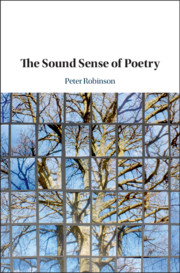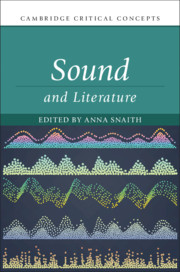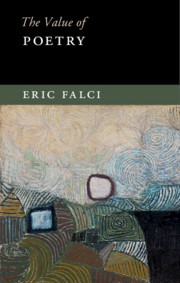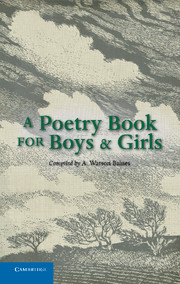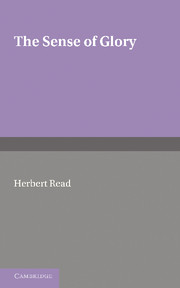The Sound Sense of Poetry
What real role can poetry have in the world? How are its truths created by the words and sounds chosen by the poet and by the way readers respond to them? Acclaimed poet Peter Robinson brings his knowledge of poetic art to the understanding of the reader's contribution in enabling poetry to play its part in life. Emphasising the value of individual writers' and readers' interactions, together with such key matters as meter and rhythm, voicing and form, rhyme and syntax, Robinson shows how poems engage in speech performances such as promising, justifying, excusing, and explaining - including the telling of truths. Illustrated with detailed readings of poems by, among others, Jonson, Marvell, Blake, Wordsworth, Coleridge, Tennyson, Christina Rossetti, Dickinson, Kipling, Basil Bunting, Frank O'Hara, Tony Harrison, and Denise Riley, this book shows how important poetry is as a means to do things with words and make things happen.
- Proposes a newly integrated account of poetry's workings in relation to the agency of both poets and readers
- Brings a distinguished poet's knowledge of poetic craft to the understanding of a reader's enabling responsiveness in activating this art's role in life
- Provides extremely fine-grained readings of both canonical and contemporary poems that make a case for their truth-telling value in culture
Product details
September 2018Hardback
9781108422963
238 pages
235 × 157 × 17 mm
0.48kg
Available
Table of Contents
- 1. Sound sense
- 2. Reading techniques
- 3. Meter, rhythm, and rhyme
- 4. Forming voice, voicing form
- 5. Intelligence disabling
- 6. Sounding a subject
- 7. Burdens of sound
- 8. Keeping promises
- 9. Responding as uptake
- 10. A sense of poetry
- Bibliography
- Index.

